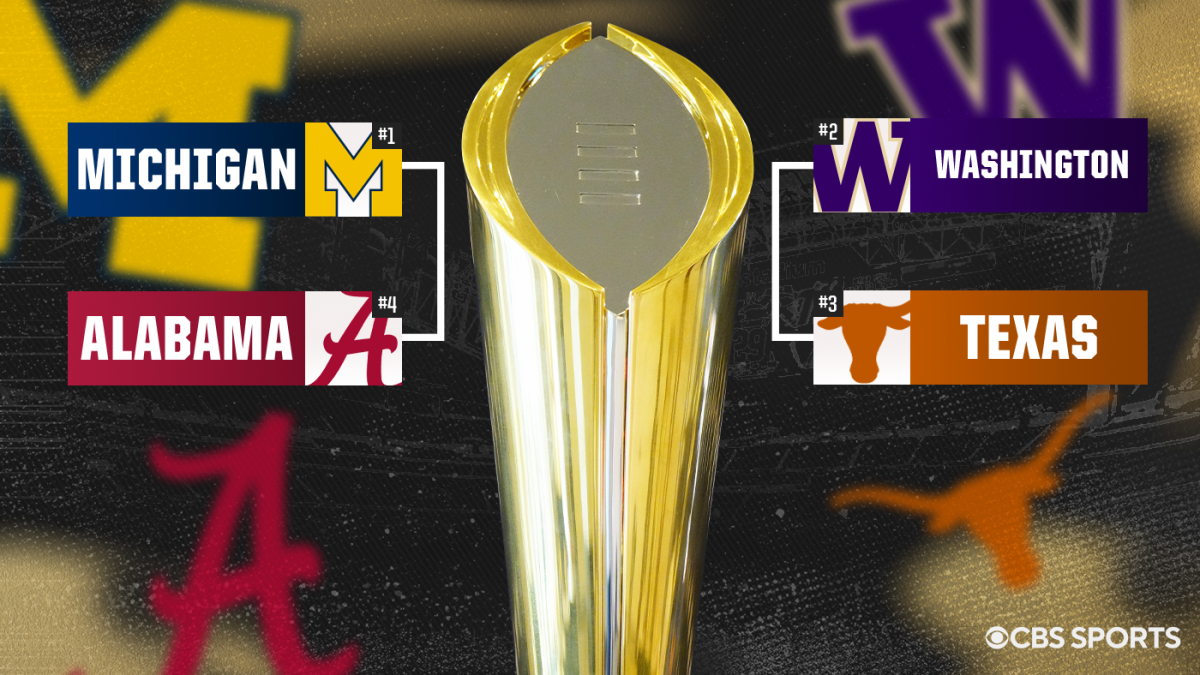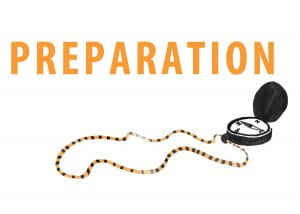(Warning: There are a lot of hyperlinks in this blog. If you have an aversion to URLs or words being underlined, proceed with caution. Otherwise, I hope they’ll give you a small sense of what we’ve covered over the last eight years.)
For the last 15 years, I have had the privilege of leading Georgia Tech’s admission team and our undergraduate recruitment and review efforts (dual enrollment, transfer, first-year). During this time, we have been fiercely committed to continuous improvement, and as a result have overhauled our approach to recruitment, review, communication, policy, and practice… several times over. It has truly been fun to leverage our platform and megaphone in creative ways (including this blog) to help Georgia Tech become a thought leader in the college admission and undergraduate enrollment, and it has been my honor to serve as one of our primary storytellers in Georgia, around the country, and abroad.
Much of that opportunity has emanated from Tech’s dramatic rise in reputation and impact driven by our research, entrepreneurship, innovation and more. But every team, company, and organization have its weaknesses, and while we have grown significantly in every other category and demographic, we have failed to increase our enrollment of low-income students and Pell Grant recipients. 
Ultimately, admission without affordability is not access, and as a public university- and a public good- we have a fundamental obligation to ensure Tech’s life-transforming, world-class education and experience is accessible to top talent, regardless of a student’s financial background. This is why our Transforming Tomorrow Campaign is centered on raising $500 million for need-based scholarships and our President, Dr. Ángel Cabrera, has made affordability, return on investment, and social mobility top priorities.
In pursuit of these goals, Tech recently created a new position in our division of Enrollment Management: Executive Director for Strategic Student Access– and as of January 1, I have stepped into this inaugural role. My focus will be on developing/cultivating relationships and collaborating with stakeholders on and off campus, including school and school system leaders, community and government agencies, corporate sponsors, philanthropies, alumni, faculty, staff, students, and donors.
My goal has always been to leave GT admission better than I found it- and to ensure our team, structure, and office culture are sound. I can say unequivocally that is the case. The talent on our team is incredible and imminently qualified to continue the path of excellence we’ve established in “Progress and Service,” and the culture I have helped create, while far from perfect, is built on trust, encouragement, humility, and a deep concern for the work and one another.
I am excited that my longtime friend and colleague, Mary Tipton Woolley, will serve as the interim director, bringing with her over two decades of admission experience, an established track record of vision and success, leadership positions both on campus and nationally.
So, what about the blog?
After we released the story about this new role, I received a number of texts, emails, and calls that started with “Congratulations!” And quickly pivoted to, “So, what about the blog?”
 Well…I created the GT Admission Blog in the fall of 2015. My daughter was four; the Cubs had gone more than a century without a title; and tick tock was just a sound.
Well…I created the GT Admission Blog in the fall of 2015. My daughter was four; the Cubs had gone more than a century without a title; and tick tock was just a sound.
Was there a grand strategic vision for the blog in the beginning? Hardly. The truth is it began because at the time, my regular Thursday afternoon “running meeting” was with my friend and Tech’s former director of enrollment communications, Matt McLendon. We’d lace up our shoes and set off with a full agenda. BUT inevitably somewhere along the Beltline (which was largely unpaved), I’d start rambling about a particular challenge or admission issue.
One day (mid-run/ mid-rant), Matt gently suggested I “write this stuff down.” He asserted that families needed to hear more honesty and openness from admission deans and directors, and my random analogies and anecdotes may actually be a refreshing way to present subjects that often stir anxiety. (Although I suspect it was also his tactful way of trying to enjoy the run and keep us on task).
In the 8 years and ~300 blogs since, that has been the goal. It has led to: myriad of sports references; many predictions- some of which have been spot on, and many others…spot off; extremely loose parallels; countless puns and dad jokes; an excessive number of (likely unnecessary) parentheticals (see what I did there?); as well as various chronicles of my kids’ childhood.
But the blog has never been mine or about me. Instead, it is Georgia Tech’s– and it exists for you. Its real strength has always been the variety of voices we’ve featured and the feedback we’ve received. Unsurprisingly, some of the most popular blogs have come from Tech’s talented and brilliant admission colleagues. They have helped realize the initial vision of addressing broad admission issues to provide readers perspective, insight, and helpful tips in a relatable/accessible tone – and hopefully bringing some levity and solace along the way.
Good news! All of that is going to continue.
I am still focused on undergraduate enrollment and working closely with our admission team. And arguably there has never been a more dynamic and important time in higher education and college admission. Plus, Matt McLendon now works at the University of Alabama, so I can’t get all of my crazy parallels out on runs. If you want to literally hear more from me, you can check out The Truth about College Admission podcast.
We have so many experts on our team who are excited to share their perspectives, stories, and tips with you. So going forward you can expect two blogs each month—one from me and one from a Georgia Tech colleague.
Thank you for reading. Thank you for sharing. And please reach out if you want us to cover certain topics, find one of our jokes funny, or vehemently disagree. We welcome all of that- and ultimately it makes this blog an even stronger resource.
In Progress and Service,
Rick







